There’s a helpful way for businesses and organizations to look at the idea of progress. A clear-eyed way that briefly removes politicalization, polarization, opinions or, as strange it sounds, even facts:
It’s coming.
That’s the thing about progress. It just tends to keep happening, one way or another.
As far sustainability’s place in promo – as well as its place in the world – that certainly seems to be the case over the past decade and more. Things have changed. What was once a nonfactor transitioned to an afterthought before evolving into a buzzword and, eventually, sustainability became a pillar of how the branded merchandise industry operates, informing decisions at nearly every level.
In line with progress, this industry tends to come around toward synchronicity. What’s good for all is often embraced over time.
“Our industry has come a long way,” says Kathy Cheng, president at Redwood Classics Apparel. “We need to continue to operate in the space of ‘we’ as opposed to ‘me,’ because if all of your decisions are based on what’s best for me and my bottom line, then you’re not thinking about the community.”
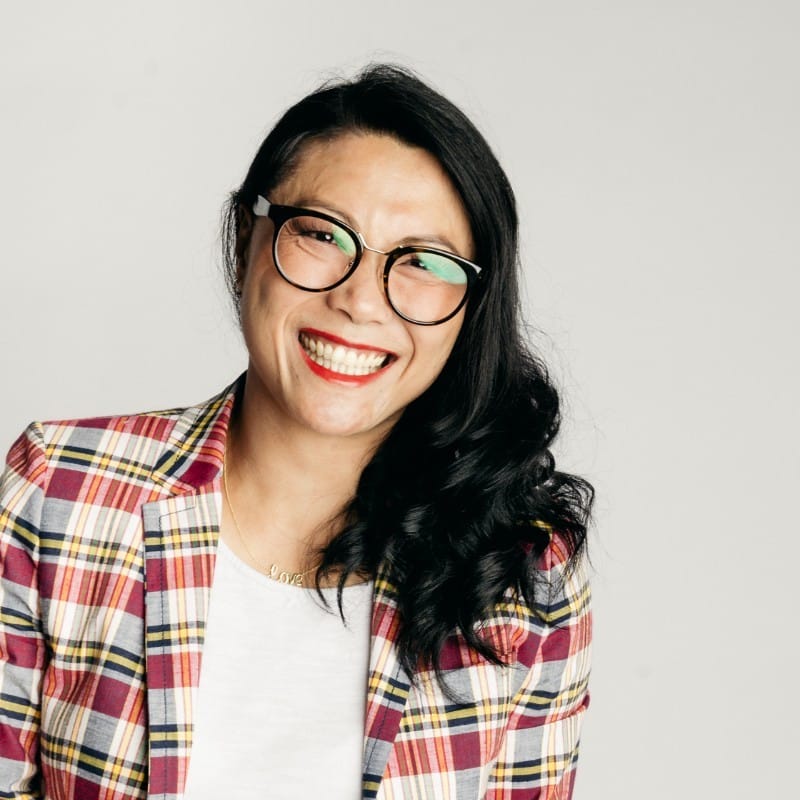
Kathy Cheng
President, Redwood Classics Apparel
Lately, the “we” of it all has been making an impact from end user to CEO.
You have industry conferences dedicated to sustainability.
You have industry companies with C-suite positions devoted to sustainable operations.
These days, you might see an end user at an event offering a polite “no thank you” to a promo item that they don’t envision passing the test of time.
For the same reason, you’ll hear a distributor asking suppliers for products made with eco-friendly materials or suppliers providing full transparency concerning the origins of each aspect of their product.
Where you barely heard a whisper about sustainability in promo 15 years ago, the demand is now so high that you have firms falling into the trap of embellishing their eco-friendly claims to attract sales. There’s even a term for it: greenwashing.
Data can back all of this up.
According to the databases of SAGE, PPAI’s technology partner, distributor searches for the term “eco-friendly” grew by 390% from 2017-2024.
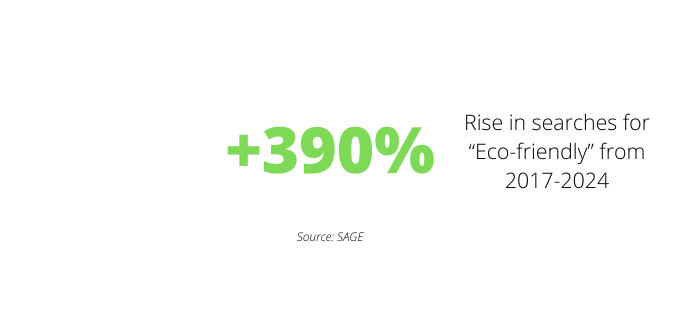
Paul Zafarana, MAS, co-founder of Michigan-based distributor Pica Marketing Group, makes a maritime analogy for how promo will turn the corner with sustainability.
“As far as the industry goes, you’re moving something the size of a cruise ship,” Zafarana says. “It takes little movements to affect the course of direction, a whole crew working hard behind the scenes to make it happen. It takes a lot to move that big ship.
“Once it gets going in that direction, it’ll work out great with tons of momentum. But it takes a whole lot of energy, effort, time and training to get everyone moving [that way].”
People like Zafarana and Cheng have been in the trenches for years, helping turn the cruise ship ever so slightly in ways that have surely seemed imperceivable in the moment. But they’ve seen the progress made. PPAI Media spoke with them and others like them to get a sense of promo’s sustainability journey – all the areas that experts are focusing on and where the next steps will be taken.
“I don’t think we’re moving too slow,” says Elizabeth Wimbush, CAS, who was hired as PPAI’s first director of sustainability and responsibility in 2023. “We need to start pulling together to make sure all oars are rowing in the same direction, but the ship’s direction has been turned.”

Elizabeth Wimbush
Director Sustainability & Responsibility, PPAI
Where Is Demand Coming From? The Next Generation
“Ten or 15 years ago, sustainability in the promotional products industry was more of a niche conversation, often driven by a few passionate individuals or progressive clients,” says Ben Grossman, co-president of Massachusetts-based distributor Grossman Marketing Group and founder of its sustainable division, SwagCycle. “Today, we’re seeing it’s more front and center. For example, we’re seeing more RFPs with sustainability requirements.”
Who’s driving that change from niche to requirement? According to Grossman, who joined the fourth-generation company in 2006, you can look to recent generations, starting with millennials and their growing influence in corporate decision-making and Gen Z with its massive influence on consumer trends.
“Younger professionals, many of whom are now in decision-making roles, sustainability may matter more to them,” Grossman says. “And they are sometimes asking at the outset of a project to ensure the products that they purchase reflect their values around sustainability.”
From Zafarana’s perspective, it simply takes a generation or two for education to affect norms and behaviors. He remembers being emotionally moved as a child visiting the Great Lakes in Michigan and being shown the effects of pollution. Later though, in 2006, he didn’t feel his enthusiasm for sustainability was matched by the rest of the industry when he launched Pica Marketing Group as Easy Green Shop – an eco-focused promo firm. “We wanted to have the ability to make a difference, but the people weren’t ready for it,” he says.
Now, time has caught up to those emotions that stirred in Zafarana at the Great Lakes.
“The generation that was being taught about the environment in school are now in the position of being buyers,” Zafarana says.
Cheng echoes those sentiments. When she grew up, recycling was a distant concept. For her own children, growing up in Canada, it’s a whole different story.
“They don’t know a world without recycling,” Cheng says. “When they go to different places, they’re looking for a composting bin. It’s a true reflection of how we’re evolving as human beings, and it’s for the positive.”
According to Brianna Mazze, vice president of compliance and sustainability at SRG – PPAI 100’s No. 17 supplier – even beyond the ethical ramifications baked into their subconscious, millennials and Gen Z just can’t relate to the frivolousness of things that don’t work, don’t last or aren’t needed.
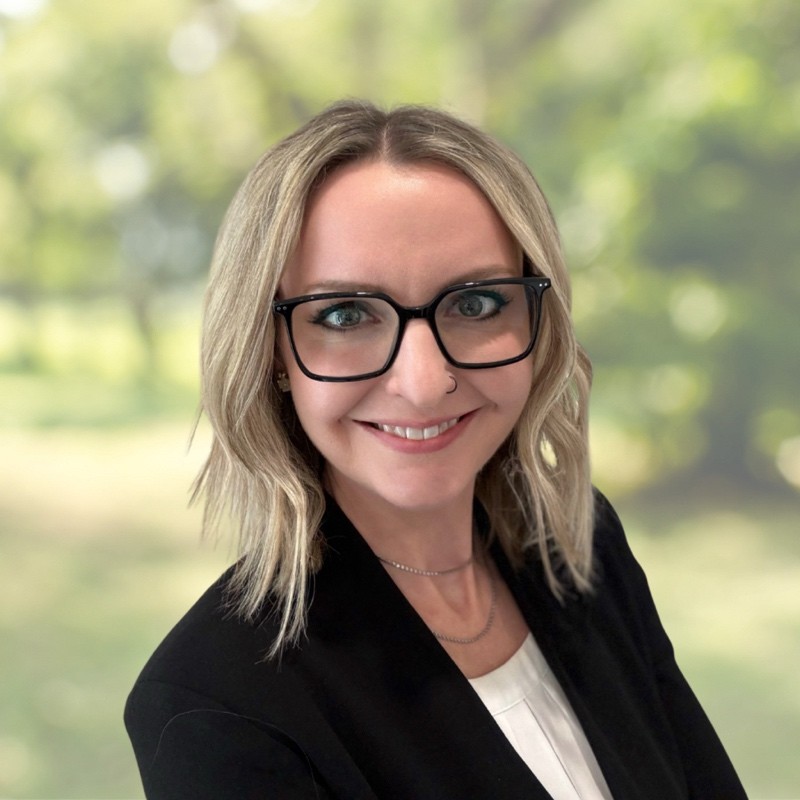
Brianna Mazze
VP of Compliance & Sustainability, SRG
“We don’t have space in our tiny condos [for more stuff],” Mazze, a millennial, says. “We don’t have any drawers for promo trinkets.
“The younger generations have such a big influence because that’s our newest customer. They want things that are functional and that they’re actually going to use.”
In an industry with tens of thousands of firms, accurately tracking the success of eco-friendly products versus less sustainable alternatives is nearly impossible. But considering that eco-friendly options continue to rise, even when such options can come at higher price points, one can draw the conclusion that demand is rising as well.
Kara Keister, owner of Ohio-based distributor Social Good Promotions, talked to PPAI Media about the ways clients have gravitated toward more responsible products.
Keister’s clients are presented with “defendable” supply chain products, which, in some cases, might include slight cost increases but often involve various forms of environmentally or socially responsible measures. According to the firm’s 2024 Impact Report, 86% of the company’s spend went toward its list of defendable suppliers.
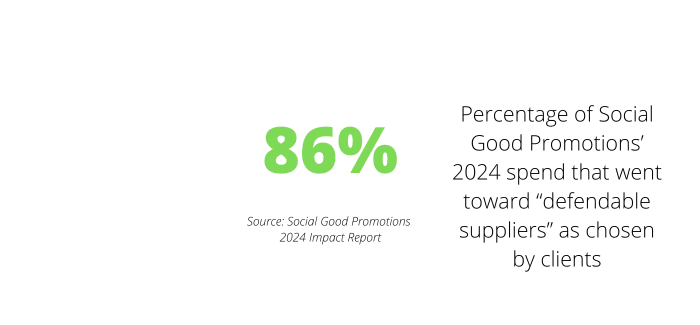
“I am blown away with the speed to which our industry has adopted corporate social responsibility as a value,” Keister says. “I remember in 2018 when PromoCares just started to shed light on the few suppliers who were telling their story. Fast-forward seven years and that is part of supplier marketing, it’s part of every conversation, and it’s genuine.”
Greenwashing: ‘Can We Stop?’
Sometimes, progress hits before everybody has their minds wrapped around the “why” behind a movement. With sustainability, that looks like greenwashing, which amounts to lying about or, more often, overstating the ecological impacts of a product.
It might seem only natural that it would happen here and there, but to those who have been putting in the work, greenwashing is ugly business.
Brianna Mazze, Vice President of Compliance and Sustainability, SRG: “I see so much greenwashing from suppliers. It’s prevalent in promo. There are a lot of targets and goals that just aren’t physically possible.”
Kathy Cheng, President, Redwood Classics Apparel: “Can we stop with greenwashing? It drives me nuts. Misinformation creates misinformation.”
Louise Finlay, Vice President, Strategic Sourcing, Global Branded Merchandise, HH Global: “Some eco-friendly claims may stem from miscommunication or a lack of understanding. It’s essential that we all take responsibility for verifying these claims – asking for evidence rather than accepting them at face value – to help prevent greenwashing.”
Ben Grossman, Co-President, Grossman Marketing Group: “I feel pretty strongly about it that when a company makes an eco-claim about a product that they can footnote it, sort of like in school.”
Third-Party Certifications: ‘According To Whom Is This Item Sustainable?’
Third-party audits, certifications and sustainability partnerships push the industry forward exponentially through best practices and education. They keep companies honest and raise the floor of what responsible stewardship looks like.
- EcoVadis is a globally recognized assessment platform that rates businesses’ sustainability based on four key categories: environmental impact, labor and human rights standards, ethics and procurement practices.
- B Corporation certification can be awarded to companies that meet the highest standards of verified social and environmental performance, public transparency and legal accountability to balance profit and purpose.
- bluesign is a Swiss business services provider specializing in sustainable textile production.
- PPAI has partnered with Green Business Benchmark to offer sustainability management, program management, benchmarking and certifications.
Ben Grossman, Grossman Marketing Group: “We’re seeing more buyers and distributors move beyond asking, ‘Is this item sustainable?’ to ‘According to whom is this item sustainable?’”
Louise Finlay, HH Global: “Achieving certifications like EcoVadis or B Corp is no small feat – it requires a significant amount of behind-the-scenes effort. When I’m evaluating a supplier, these credentials really stand out because they reflect a shared commitment to values that matter to us and our customer.”
Paul Zafarana, Pica Marketing Group: “These certifications are now selling points for our own stuff. We tell customers that we have so many certified B Corp and EcoVadis supplier partners. Clients are starting to ask about it.”
Denise Taschereau, CEO, Fairware & PPAI Board Chair: “We’ve relied on our B Corp certification as a compass through every decision – whether sourcing responsibly, advocating for environmental protection or promoting inclusion.”
Europe Leads The Way
Climate progress across industries is accelerated by two major segments: Consumer demand and government intervention. The interplay between these two segments can create momentum – a little bit of a chicken and an egg dynamic – and the U.S. still lags behind other parts of the world.
“Canada and Europe made all of this progress because the government required it,” says Alex Paschal, CEO of Warwick Publishing, PPAI 100’s No. 66 supplier. A 2023 PPAI Rising Star, Paschal concedes neither market has the volume of the U.S. Still, if we are to suppose that consumers can’t push sustainability patterns as far as the government could, then it’s still worth wondering if consumers and the general public will soon influence government.
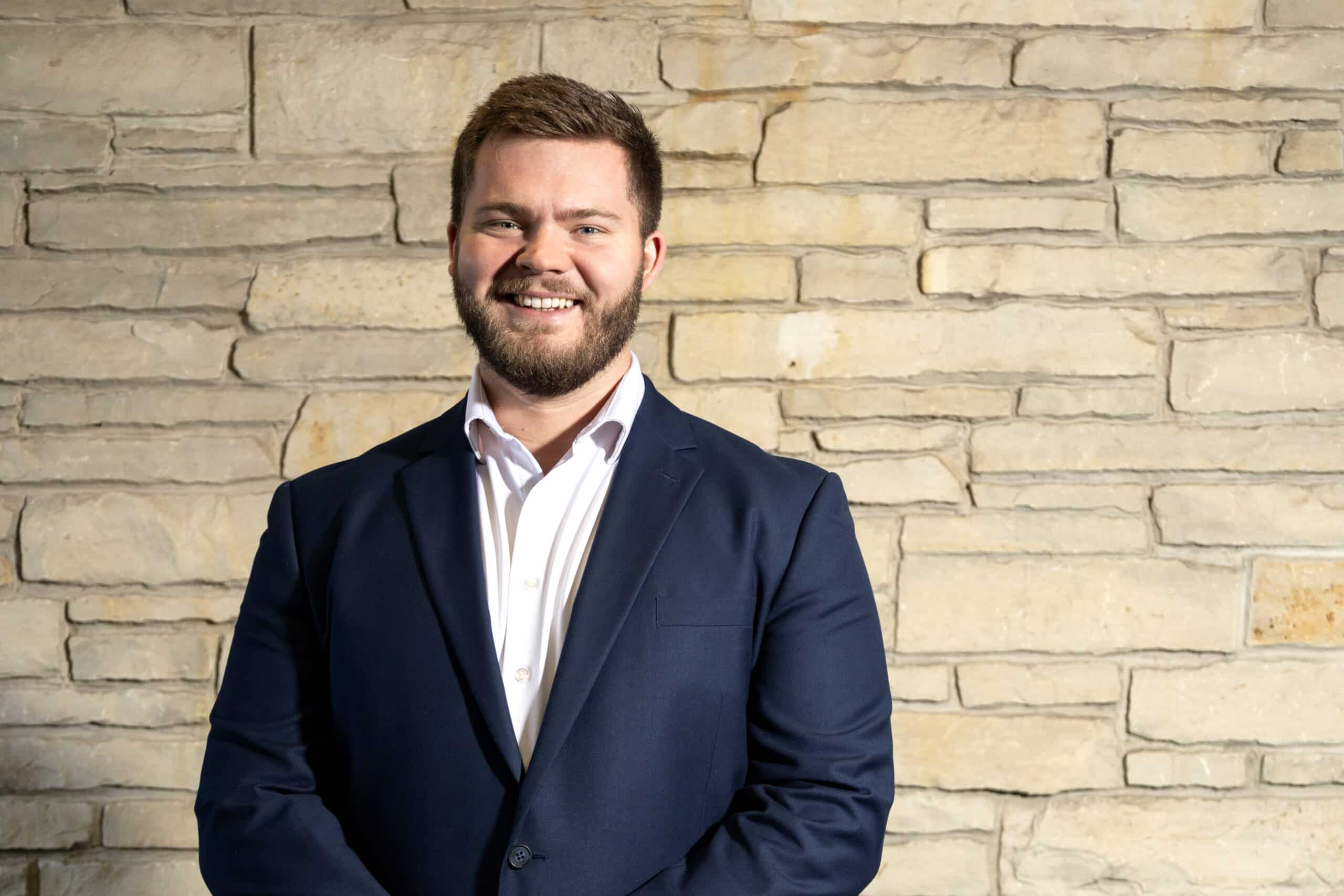
Alex Pashal
CEO, Warwick Publishing
Government also can step in when it comes to businesses that are uninterested in the marketing bump or ethical follow-through that typically comes from sustainable products. “The bar down the street that might not care and never will because they’re not getting clients from their stance on sustainability,” Paschal says, “they’re going to do it only when the government requires it.”
It’s worth noting, however, just how far the reach of Europe’s influence is. Paschal says that European regulations can lead American companies to adopt similar practices as they plan global business. “Companies with ties to Europe are pushing the industry forward regardless of being required to by the government,” Paschal says.
Goldstar, PPAI 100’s No. 16 supplier, has expanded into a global company with a presence across oceans and whose global head, Heather Smartt, resides in Lisbon, Portugal. According to Smartt, that environment affects the company’s sustainability initiatives.
“Living in Europe has really shown me how much people here care about sustainability,” Smartt says. “It’s not just a buzzword; it’s part of everyday life. We’ve learned so much from the European approach, and we’re excited to bring those lessons into our global practices.”
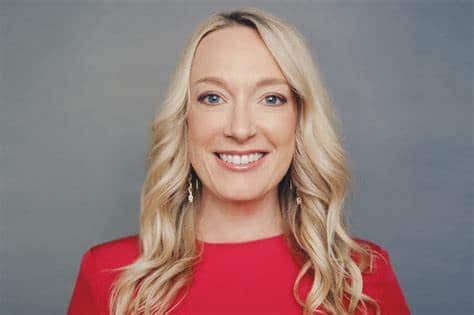
Heather Smartt
Global Head, Goldstar
‘The Planet Will Decide For Us’
So much of the progress that promo has made in sustainability over the past two decades has focused on sourcing and materials. That, according to Grossman, is only the start for an industry that puts so many products into the world.
“If we’re not thinking about what happens after the products are used, we’re only solving half of the problem,” Grossman says.
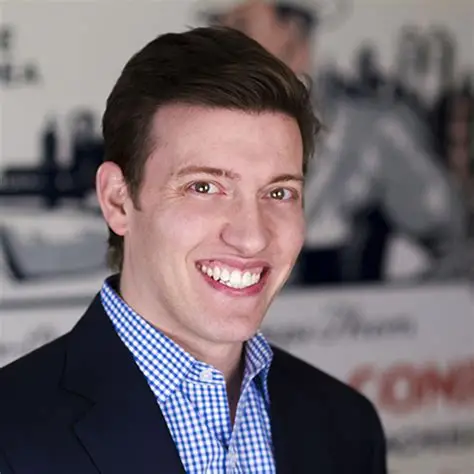
Ben Grossman
Co-President, Grossman Marketing Group
SwagCycle, the division of Grossman Marketing Group that Grossman founded in 2019, takes client inventory that is becoming obsolete because of rebrands and finds ways to recycle and upcycle those materials through various means.
“The path of least resistance for them previously was to dispose of the products, but that wasn’t necessarily what they wanted to do. They just didn’t know a better way,” says Grossman, who claims that distributors that SwagCycle partners with see it as one of the tools in their toolkits when responding to client RFPs.
This is typically referred to as a circular economy model where materials avoid landfill at all costs, constantly being reused in some form. A handful of promo firms such as Numo and EcoStiks follow this model, and others adhere to it at different stages.
While there’s a lot of talk on how promo compares to other industries in terms of sustainability (more on that in a bit), according to Julie Schneiderman, founder and CEO of EcoStiks, and one of PPAI’s Coolest People in Promo for 2025, circular models will eventually become an inevitability that has less to do with CEOs or decision-makers.
“I’m not sure any one industry will actually be the ones that decide on that course,” Schneiderman says. “I believe our customers and the planet will decide it for us.”
What’s Next? ‘We Are Micro-Influencers’
The progress is real.
“Ten years ago, our industry felt like it was 25 years behind B2C industries,” Wimbush says. “Now, it feels like we’re two or three years behind them. The acceleration has been impressive, and I do want people in the industry to appreciate how much collective work has been done in this area already.”
It’s important to keep working toward improvement, even if progress seems slow.
“I struggle so hard with being a sustainability advocate while being part of an industry that [keeps giving people] more stuff,” Mazze adds. “But seeing the industry change and the progress that’s being made, and the initiatives that different companies take is what keeps me in this industry.”
Nothing can be taken for granted, though. Progress moves forward, but not always in a linear way. That will require intention from leaders within a given space, such as promo.
“We’re operating against a backdrop where the federal government has gone from being very clearly supportive of environmental progress to either neutral or potentially against it,” says Grossman.
Momentum can be lost. It’s a real threat, but not one that Grossman predicts.
“I don’t believe that’s actually going to happen because the average consumer cares about the companies they buy from and work for – but especially buy from – being responsible,” Grossman says. “We’ve seen the data, and the data’s pretty clear. There have been a number of studies that show that people want to buy from and work for socially responsible companies.”
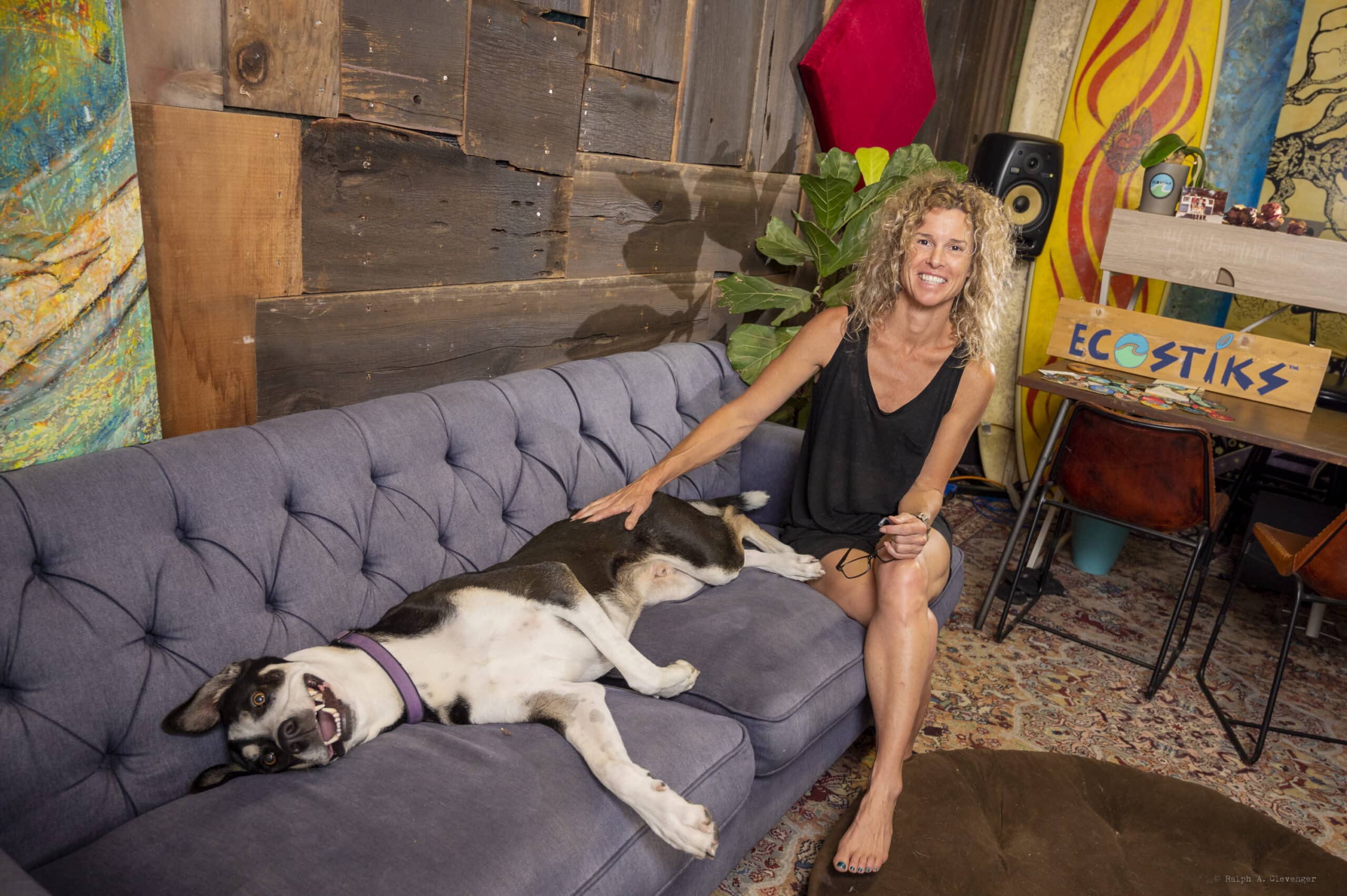
Julie Schneiderman
CEO, EcoStiks
Schneiderman imagines the future looking like a collaboration between promo and sustainability messaging. Promo touches everyone, and sustainability affects everyone.
“We are in a unique position to be micro-influencers in the space and recognize ourselves as one of the largest groups of change agents that can create real impact for the planet.”
Auping is senior news editor at PPAI.


